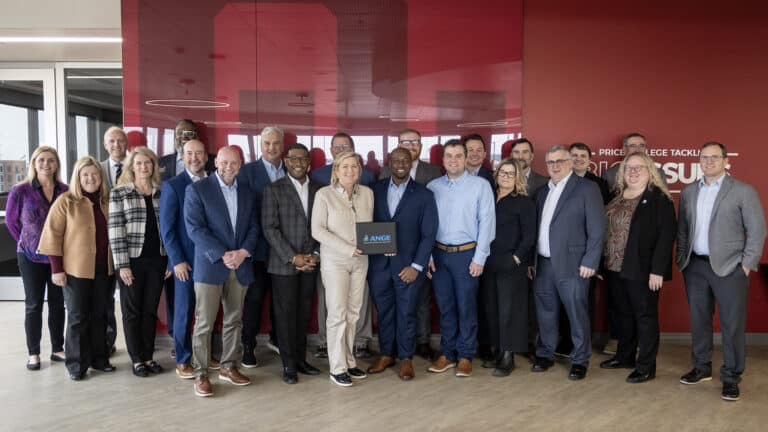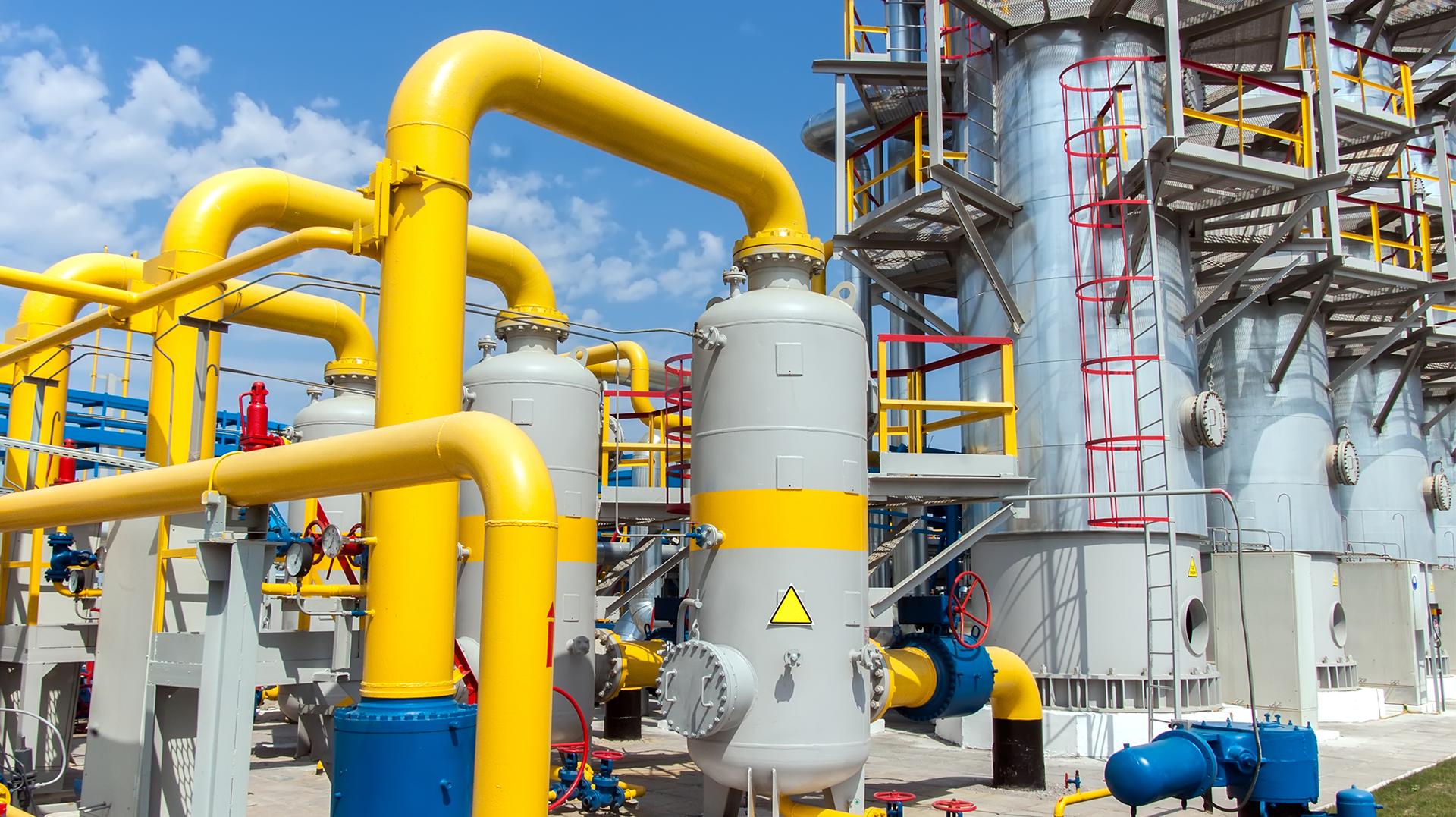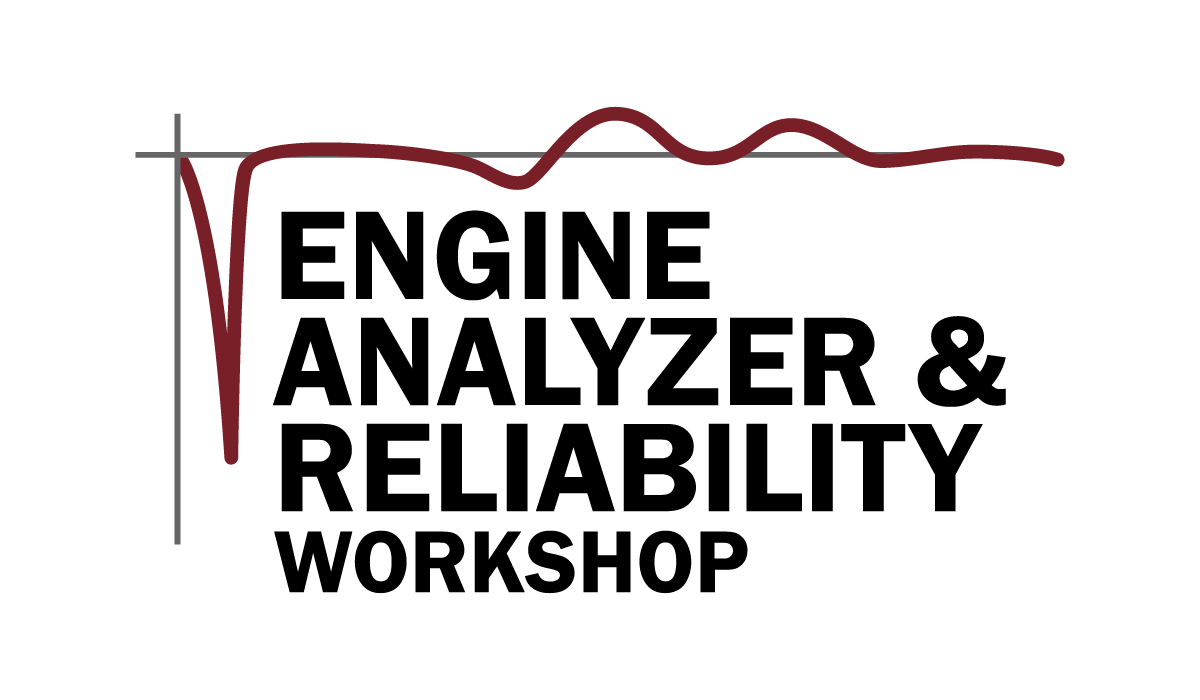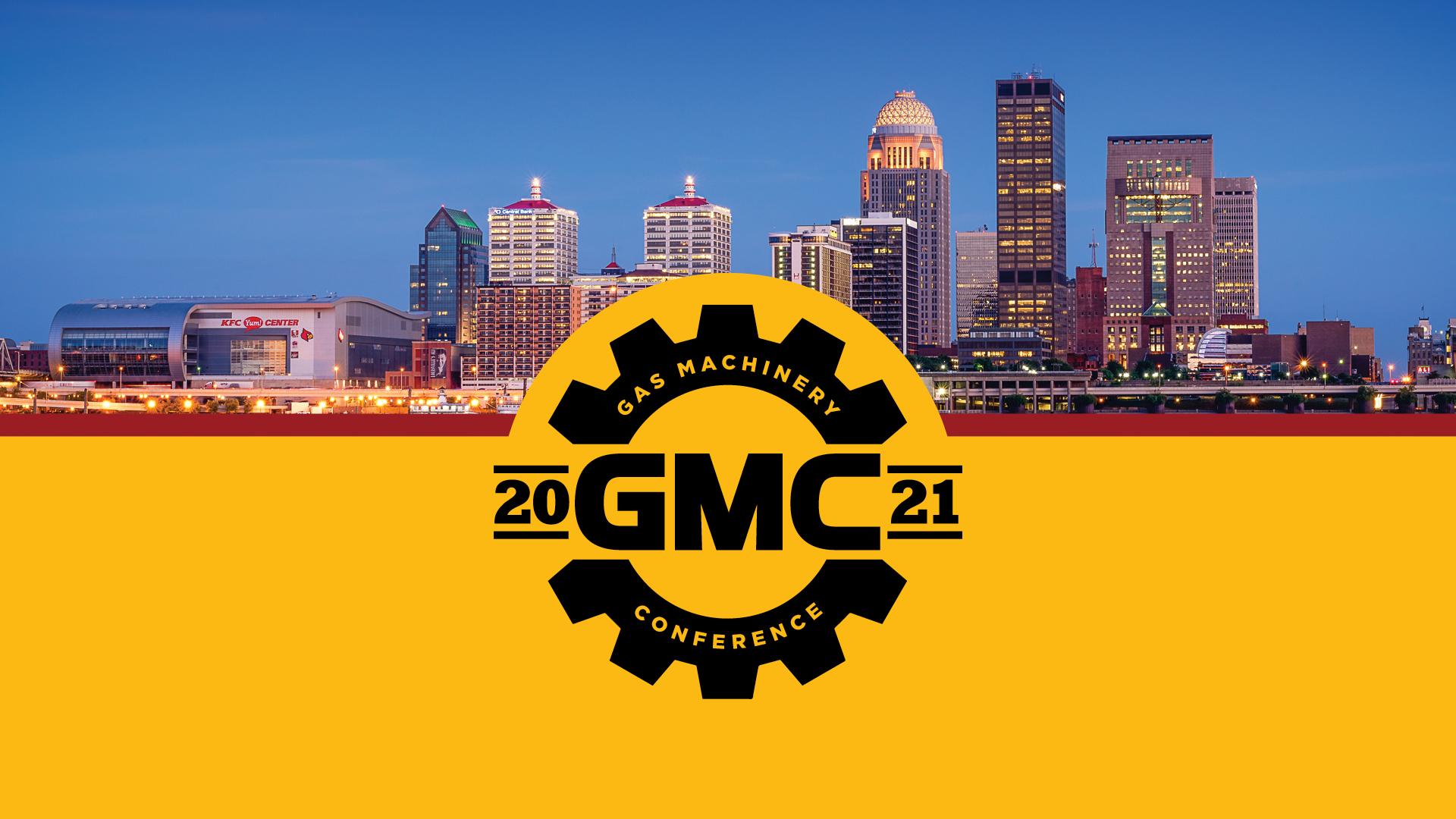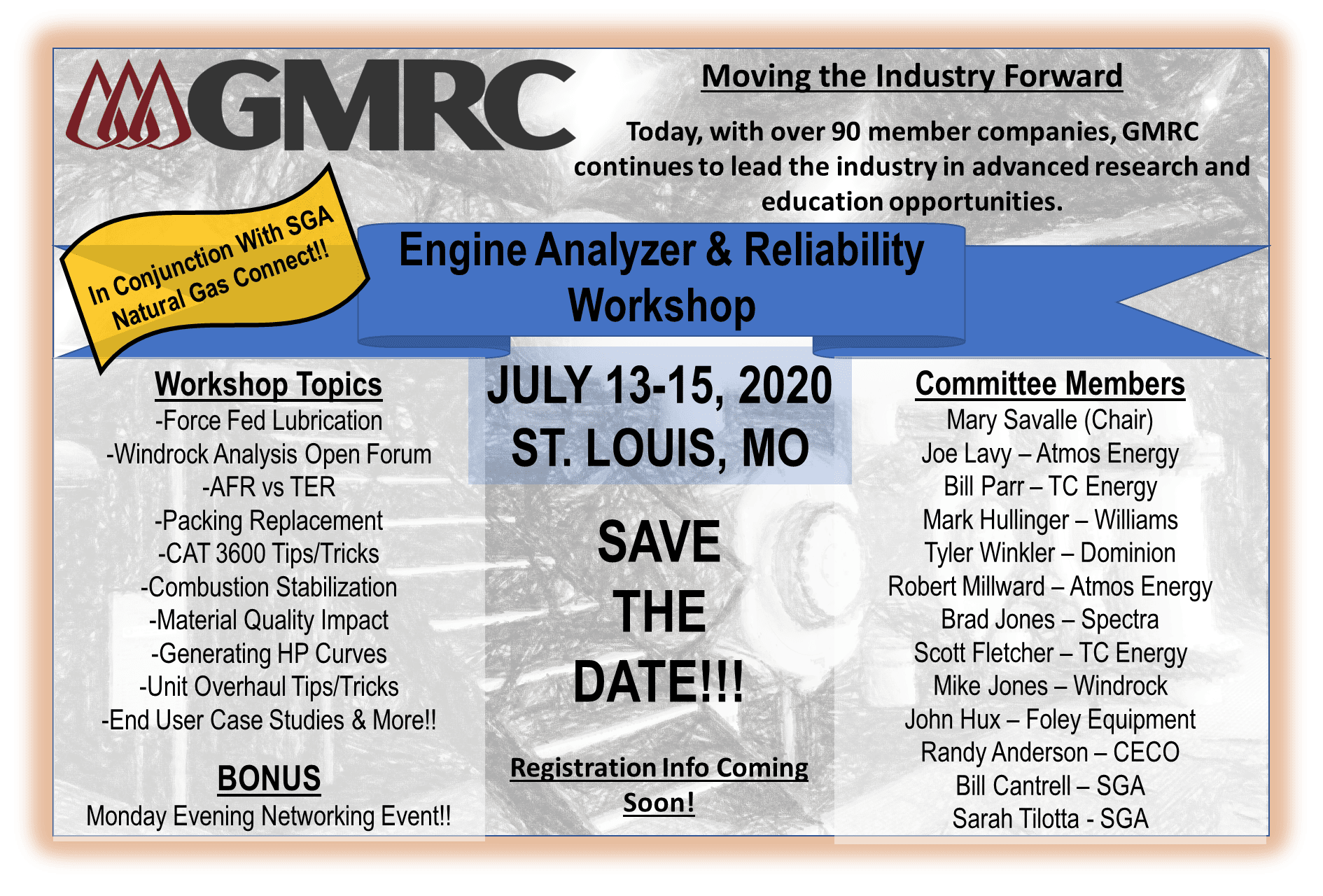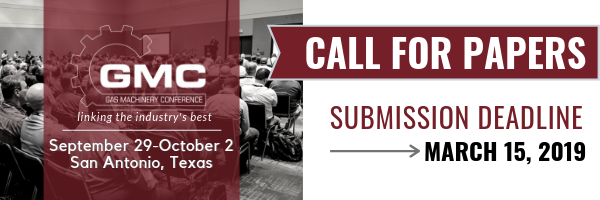Training Programs
Discover a Range of Tailored Training Programs Designed to Equip You with the Essential Skills, Knowledge, and Confidence to Excel in Your Career and Achieve Long-Term Success in a Rapidly Evolving World


Not Just Another Workshop
Our premier workshops and training events offer professionals of all levels the unique opportunity to learn from some of the industry’s leading experts and network with other professionals in their field.
Be the first to hear about the latest technological advances in the industry
Learn directly from the industry’s best and brightest
Gain necessary skills to increase productivity in the workplace
Receive and share valuable insight with fellow professionals in the field
GMRC training Programs
-
01Learn more
Introduction to Reciprocating Compressor Terminologies, Support Equipment, Modeling, and Performance
Event Summary Overview of reciprocating compressor fundamentals including the compressor, the engine/motor, load-control devices, the gas compression process, and resulting safety concerns. Then, how dynamic usable models, reports, charts, and...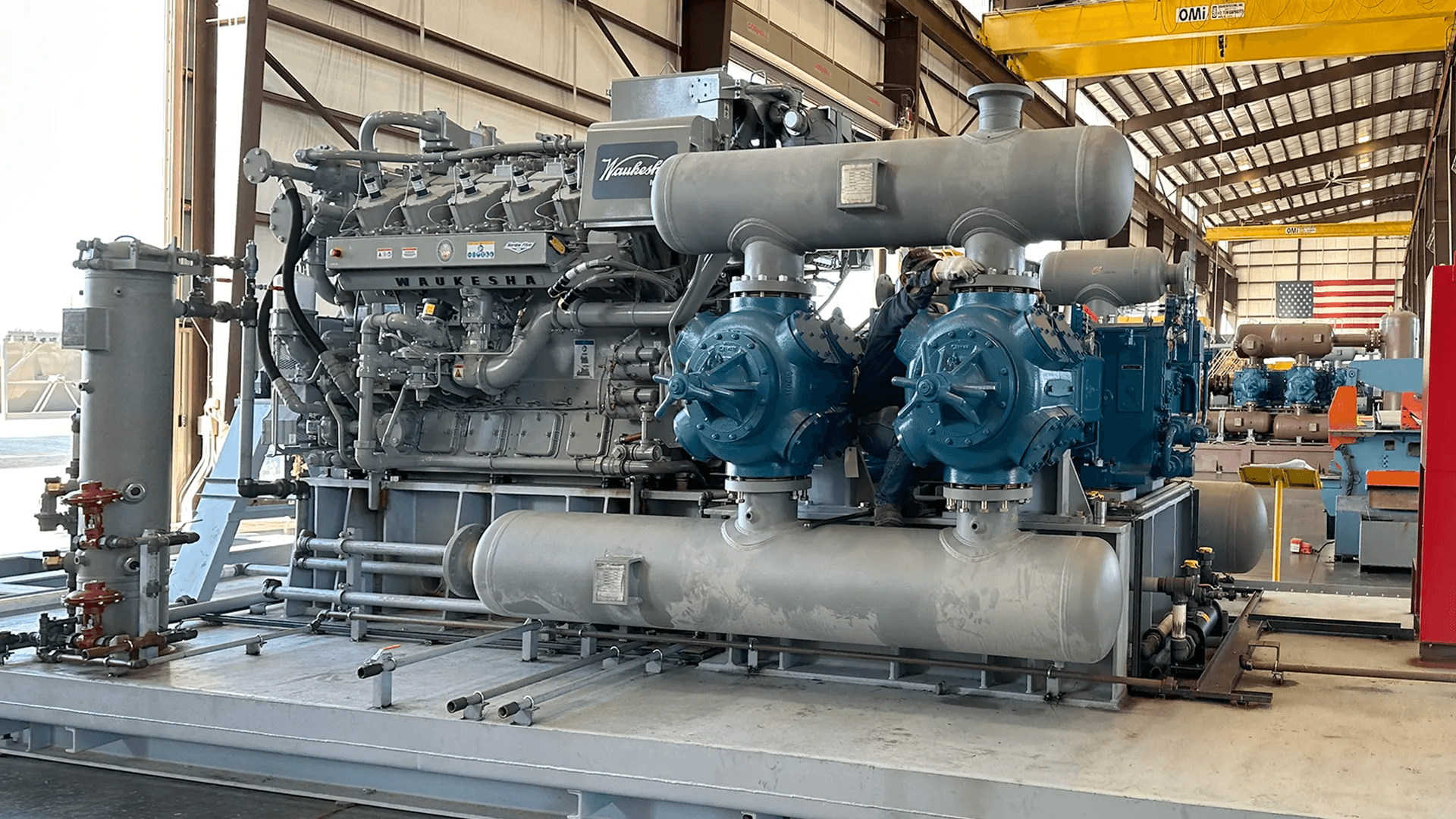
-
02Learn more
Engine Analyzer & Reliability Workshop
ABOUT THIS WORKSHOP Internal Combustion Engines (ICEs) and Natural Gas Compression are the heart of the Oil & Gas Industry, yielding the power to pump vital elements through pipelines across...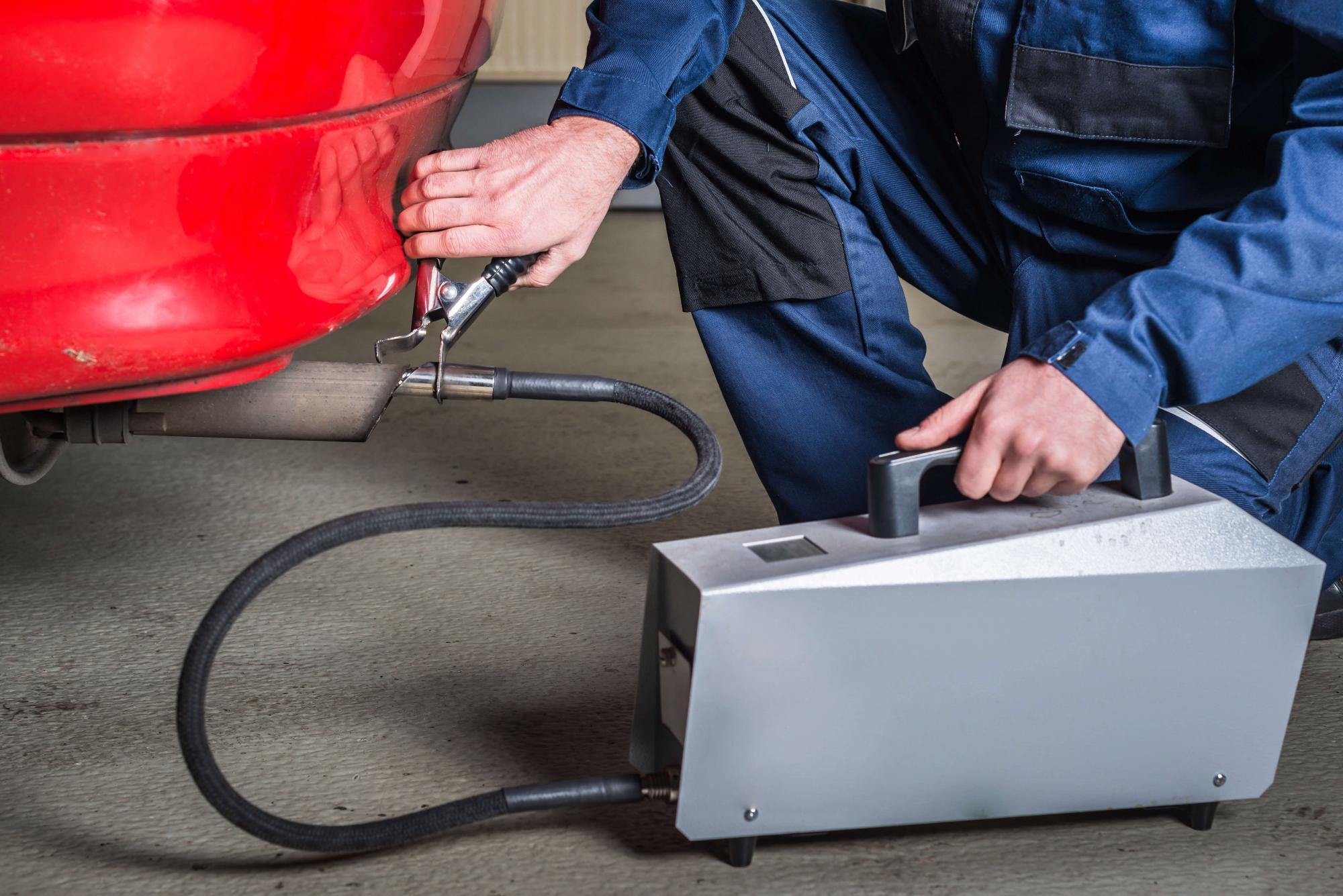
-
03Learn more
Factors in Compressor Station Design
Event Overview Reciprocating and Centrifugal compressors are widely used in the natural gas industry; but when, where, why, how to use each technology is less understood. In this 4-part training...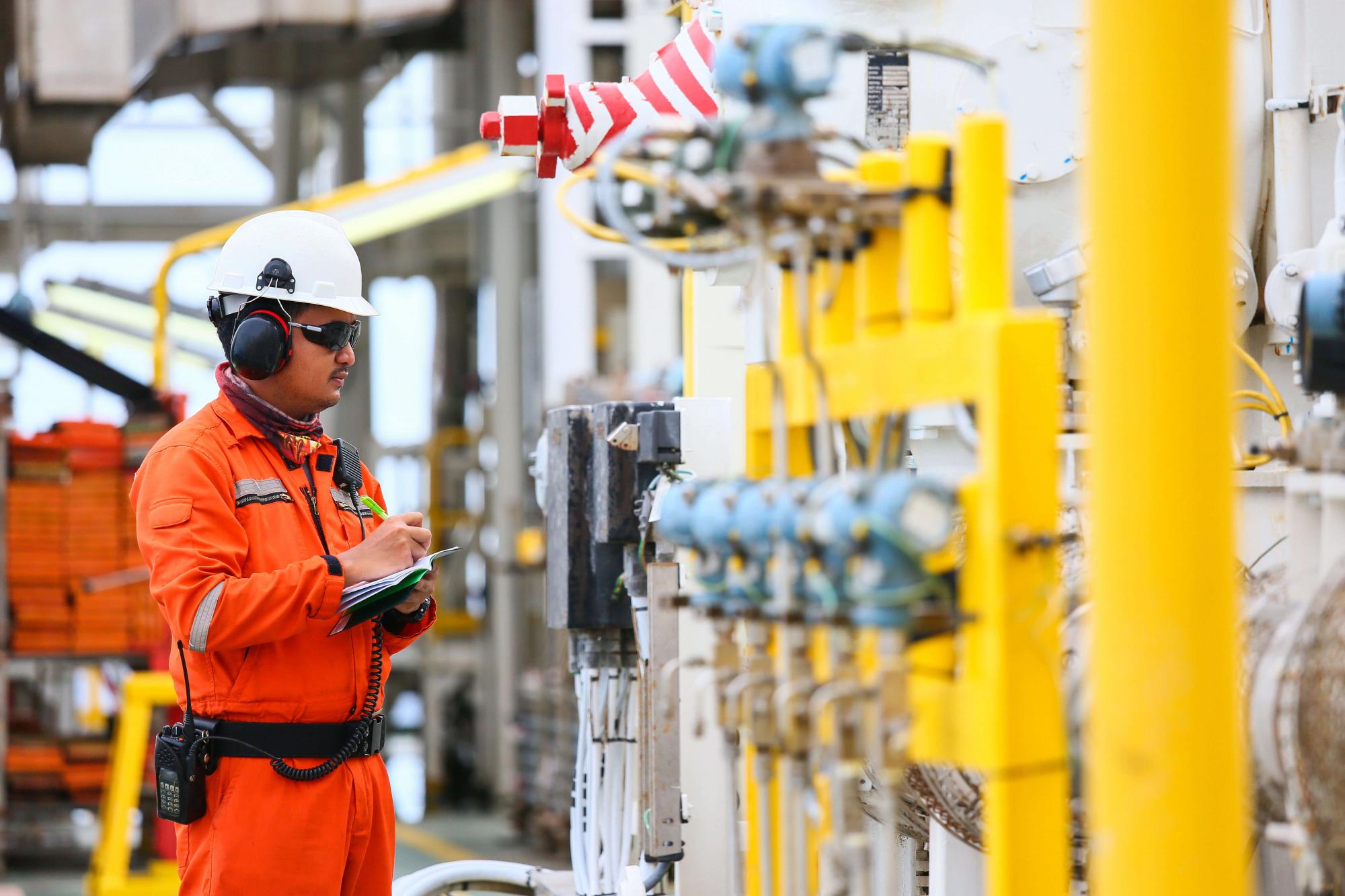
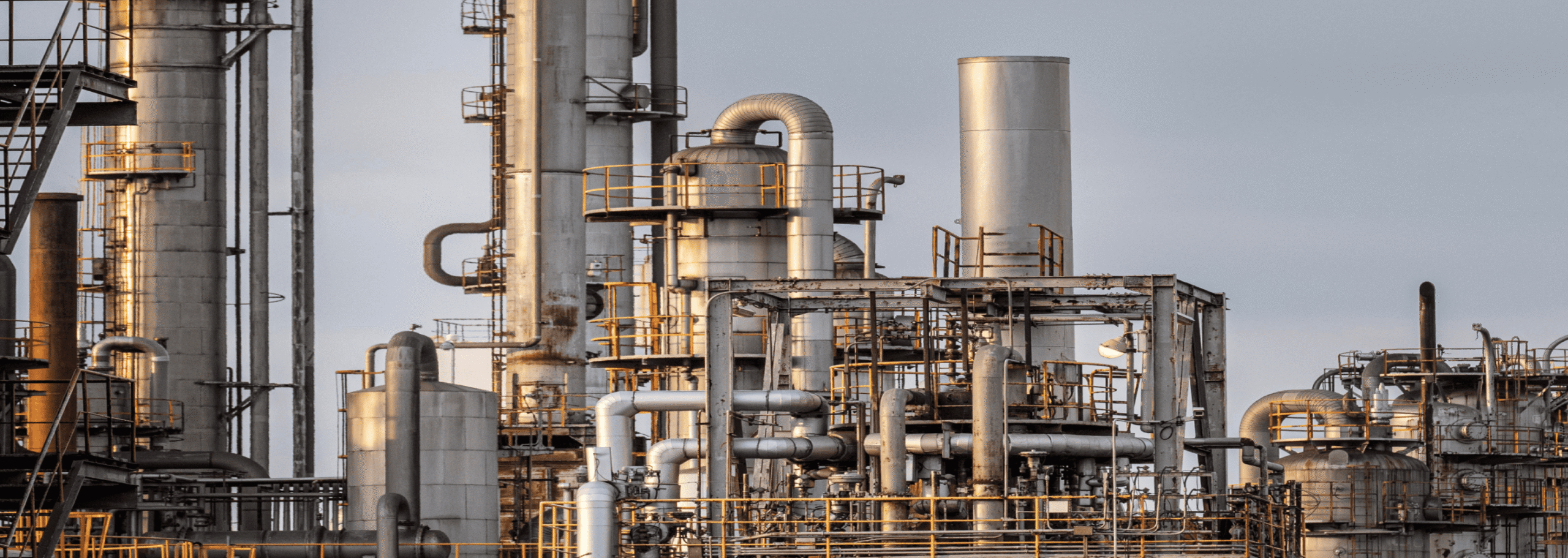
GMRC All-Access Pass
Enroll your organization in the GMRC and SGA All-Access Pass. For one flat fee, every employee receives unlimited virtual training for the year.
Latest news
All newsStay informed about our Safety Initiatives, Industry Innovations, and Community Engagement efforts. Explore our latest news, stories, and updates.
